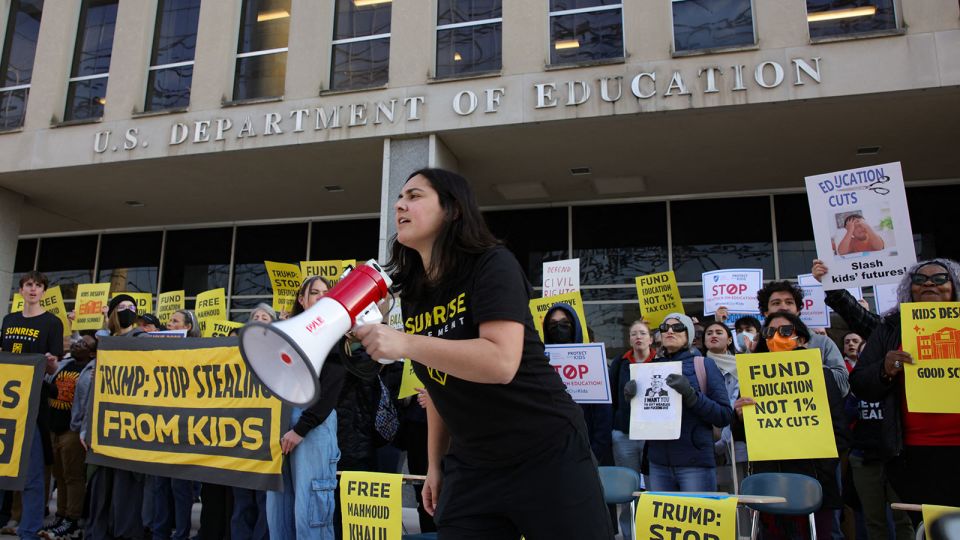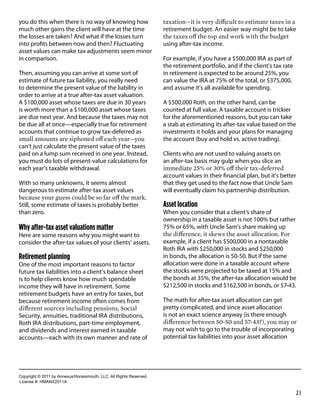
Summer Lifelines: Education Cuts Hit Families Hard

Uncertainty Surrounds Summer Learning Programs as Federal Funding Faces Scrutiny
Across the United States, summer and after-school programs are facing an uncertain future after a sudden freeze in federal funding. The repercussions are already being felt by families and children who rely on these programs for essential support, including meals, safe environments, and educational opportunities.
Related: Study Varicella Zoster Virus Could Be a Major Cause of Aseptic Meningitis
Sylvia, a single mother working as a janitor, is deeply concerned about the potential closure of a free learning program her 10-year-old son, Gabriel, attends. As the sole provider for her family, which also includes her ailing mother, Sylvia depends on the program to provide Gabriel with a safe place to learn and grow during the summer months. The program also offers warm meals and English language support. “I cannot sleep at night,” Sylvia shared, explaining the worry she feels about the program’s potential closure.
Aspire Afterschool Learning in Arlington, Virginia, where Gabriel spends his summer days, is just one of over 10,000 programs nationwide facing this funding crisis. The Department of Education’s decision to halt the 21st Century Community Learning Centers (21st CCLC) grant, a federal program that provides crucial financial support, has left these programs in a precarious situation.
The 21st CCLC is among a large group of education grants, totaling nearly $7 billion, that were abruptly frozen. While an OMB spokesperson stated that the programmatic review for 21st CCLC is over and funds will be released to the states with safeguards to prevent misuse, the initial freeze has already caused significant disruption.
Allegations of Misuse Spark Funding Freeze
The funding pause stemmed from a review prompted by concerns that the money was being used to promote what the White House Office of Management and Budget (OMB) described as “leftwing” ideologies. The OMB cited instances where funds were allegedly misused, including the promotion of illegal immigrant advocacy organizations and directing illegal immigrants toward scholarships intended for American students.
The OMB’s stance has drawn criticism. Advocates for the programs argue that targeting all programs due to alleged misuse in a few isolated cases is unfair and detrimental to the many children who benefit from these vital services.
Legal Action and Immediate Consequences
In response to the funding freeze, a coalition of Democratic-led states has filed a lawsuit against the Department of Education, demanding the immediate release of the funds, which were already approved by Congress and slated for distribution.
However, the impact of the freeze is already being felt. Many summer programs are struggling to stay afloat, and concerns are mounting about the long-term consequences for schools and educational initiatives in the fall.
Paula Fynboh, who manages Aspire, is working tirelessly to keep the summer program running through fundraising efforts. However, if the funding remains blocked, she will be forced to turn away 25 families currently enrolled in the program.
Jodi Grant, executive director of the Afterschool Alliance, a national nonprofit advocacy organization, emphasizes the severity of the situation. She warns that the consequences of blocking these funds will be “swift and devastating,” as many nonprofits lack the resources to sustain themselves in the long term.
Impact on Vulnerable Communities
The Boys & Girls Club of America, the nation’s largest after-school youth program, is also facing significant challenges. Jim Clark, president and CEO of the organization, estimates that up to 926 Boys & Girls Club centers, serving over 220,000 children, could be forced to close if the funds are not released. These closures would disproportionately affect underserved communities, leaving children without access to essential resources such as healthy meals, mentors, and safe spaces.
Addie Nardi, who runs a Boys & Girls Club in rural Maryland, describes the funding freeze as a “kick to the gut.” The potential closure of her site would eliminate one of the few support options available to elementary students and their families in the area.
Long-Term Concerns and Potential Losses
Beyond the immediate threat to summer programs, school districts and nonprofit education programs are bracing for potential hardship during the upcoming school year.
According to an analysis by the New America Foundation, school districts stand to lose an average of $220,289 if the funds remain withheld. The poorest districts will be disproportionately affected, losing significantly more funding per pupil compared to wealthier districts.
Many school districts rely on federal grants to partner with outside organizations, providing after-school care and academic support for children from low-income families. The loss of these funds would severely limit their ability to offer these critical services.
Success Stories Highlight Program Value
Aspire in Virginia serves a largely low-income population, with 99% of its students coming from families of color and over 90% living below the poverty line. More than three-quarters of the students speak a language other than English at home.
The program offers a range of activities, from arts and crafts to academic support. Students earn points for their achievements, and the program discreetly sends home leftover food to families in need.
For students like Monserrat, a young girl from Bolivia, Aspire has made a significant difference. “I feel, like, happy because I now, I know how to read,” she shared. April, another student, said that Aspire has helped her improve her English, allowing her to translate for her parents.
These success stories highlight the invaluable role that these programs play in the lives of vulnerable children and families.
Awaiting a Decision
As the lawsuit progresses, the future of these vital programs remains uncertain. The states involved are seeking a preliminary injunction to immediately unfreeze the funds in at least some states.
Paula Fynboh expresses her deep concern about the potential closure of Aspire. “Walking by an empty classroom every day is going to be hard,” she said. “We know these kids and we know their parents, their faces, their names, their stories, their gifts, their talents, and we know which ones are going to lose access to the program. And that’s just heartbreaking.”






